Years after a disastrous first foray into sapphire production, Apple's troubles with the super hard glass, or more precisely its manufacturers, continue, as the company on Monday was saddled with a lawsuit from material producer Hebei Hengbo Fine Ceramic Material claiming breach of contract.
While Hengbo's filing with the U.S. District Court for the Northern District of California is highly redacted, the Chinese firm demands a jury trial for an apparent falling out between Apple over terms of a contract for high purity alumina melt stock, a material used to produce sapphire glass.
In what little can be gleaned from Hengbo's complaint, the materials maker seeks to revoke a current Apple contract and collect damages from the tech giant for an undisclosed breach of contract. If the court determines such action is not possible, Hengbo asks Apple adhere to the original contract.
Though exact figures go unmentioned, the contract amount or expected damages is worth more than $75,000, the statutory threshold for civil cases to be heard by a U.S. federal court. The second requirement for jurisdiction, technically diversity jurisdiction, is that both parties must be from different states or countries.
Today's complaint underscores Apple's hard road toward integrating sapphire glass into its mobile products.
In 2013, Apple inked a $578 million deal with GT Advanced Technologies to build out a huge sapphire manufacturing facility in Mesa, Ariz. Terms of the arrangement had GTAT sink some $900 million into the project, $439 million of which came from an advance from Apple.
The partnership followed months of rumors suggesting Apple was looking to integrate sapphire glass into mobile hardware like iPhone and iPad.
That plan imploded in 2014 when GTAT abruptly filed for bankruptcy, a move Apple at the time framed as "surprising." In bankruptcy court filings, GTAT called Apple's contract unsustainable, labeling its demands as "oppressive and burdensome."
For its part, Apple said it attempted to help GTAT meet contractual obligations prior to the firm's bankruptcy announcement, but ongoing problems with sapphire yields and poor management ultimately doomed the undertaking.
Apple reached an agreement to settle GTAT's $439 million in outstanding debt in late 2014.
Currently, Apple's use of sapphire is limited to certain Apple Watch screens, Touch ID fingerprint sensors and protective covers for iPhone's rear-facing cameras.
 Mikey Campbell
Mikey Campbell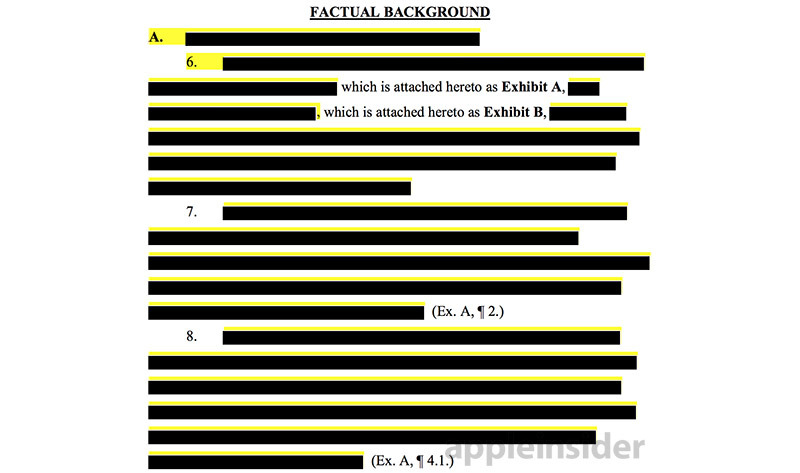
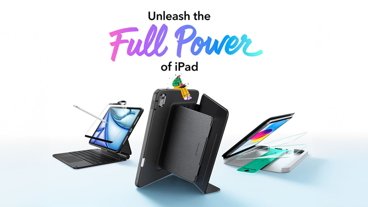
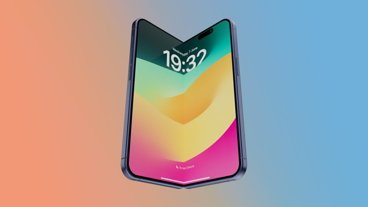
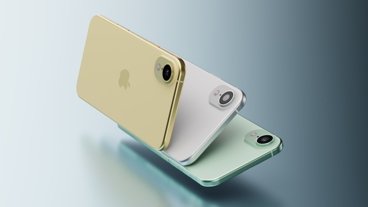
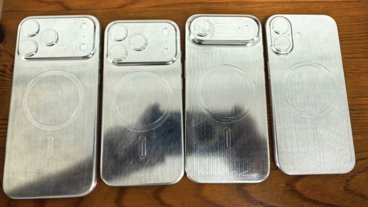



-m.jpg)





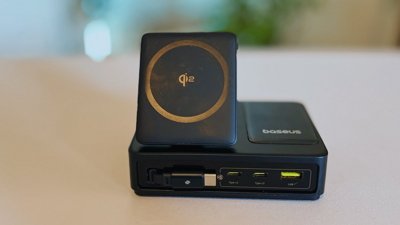
 Amber Neely
Amber Neely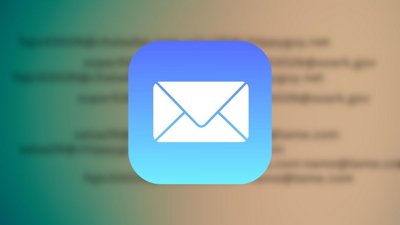
 Marko Zivkovic
Marko Zivkovic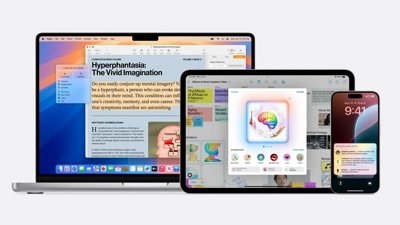
 Malcolm Owen
Malcolm Owen
 Andrew O'Hara
Andrew O'Hara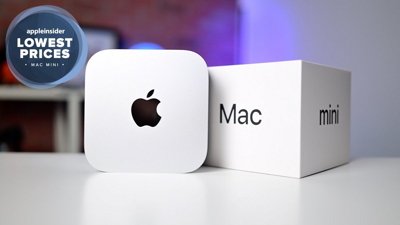
 Christine McKee
Christine McKee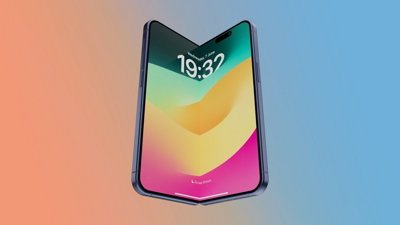

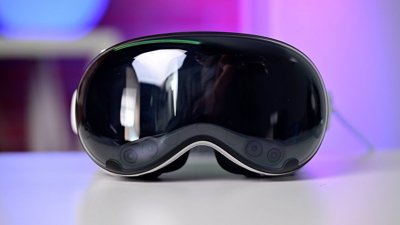
 Andrew Orr
Andrew Orr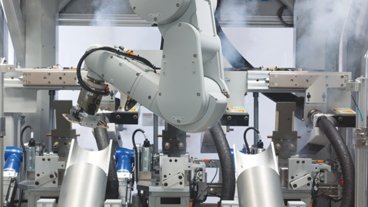
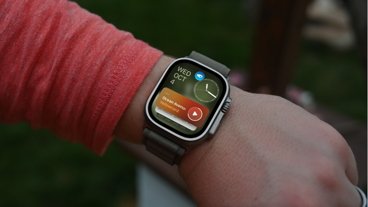








11 Comments
I would bet that this lawsuit speaks to Apple‘s shift to FaceID for all future iPhones, as the volume of sapphire would be a fraction of what it is today.
The amount requested seems laughable. To summon Apple’s lawyer alone might cause way more.
it’s probably a valid case, but when i learn about these things what comes to mind is always the idea that everyone wants apple’s money.
2013 and 2014?
I have to wonder if Face ID was born and make default when Apple realize they cant have Sapphire for their Display, making Touch ID on display more susceptible to scratches if it is on normal glass.